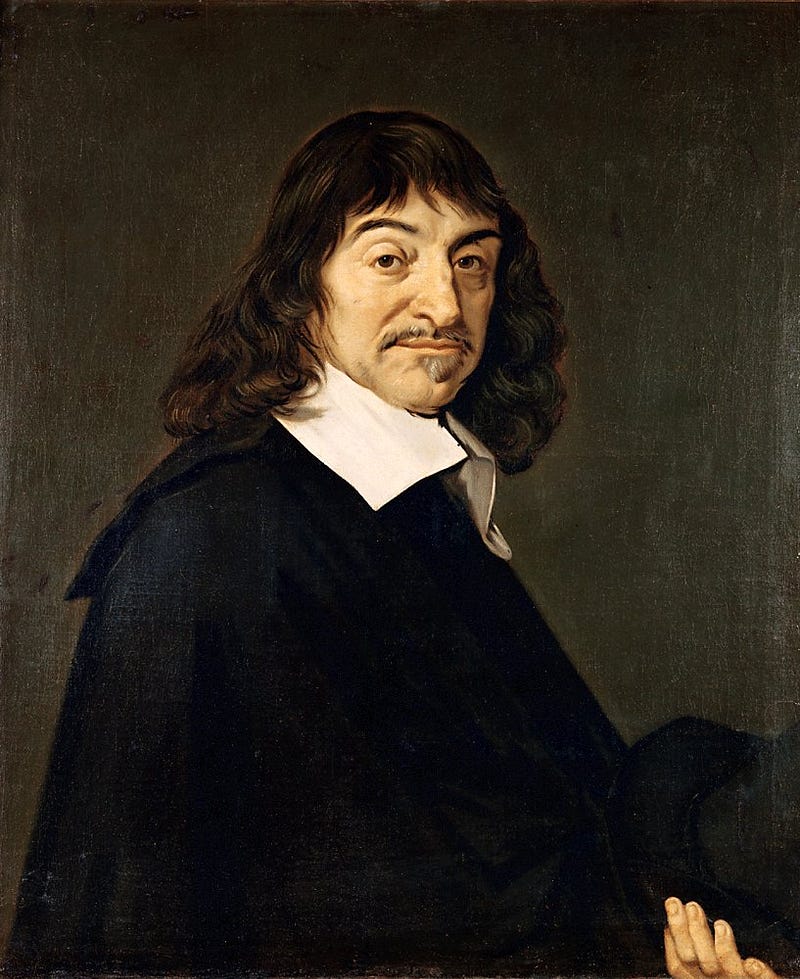Understanding Our Connection with Nature: Beyond Descartes' Misinterpretation
Written on
Chapter 1: The Misunderstanding of Descartes' Philosophy
In this discussion, I aim to unravel a prevalent misconception regarding the philosophy of René Descartes. This misunderstanding has significantly shaped both the interpretation of Descartes' work and ongoing philosophical debates, as well as criticisms directed at our discipline.
Many believe that Descartes advocated for humanity's dominion over nature, asserting that humans should be its masters. While this notion is often attributed to him, it is fundamentally flawed.

René Descartes by Frans Hals / Source: Wikimedia Commons
Section 1.1: Historical Context of Human Dominion
The origins of this legend can be traced to Descartes' sixth part of his notable work, Discourse on the Method. In this context, he proposes a practical philosophy, contrasting it with the “speculative” philosophy taught in educational institutions, such as scholasticism. He mentions that this new philosophy would position us “like masters and possessors of nature.”
The concept of human dominion over the natural world is one of the most scrutinized aspects of Descartes’ philosophy, yet it is not unique to him. This idea is also found in biblical texts, where it is stated that God endowed humanity with the responsibility to dominate the earth and its creatures. The Scriptures affirm: